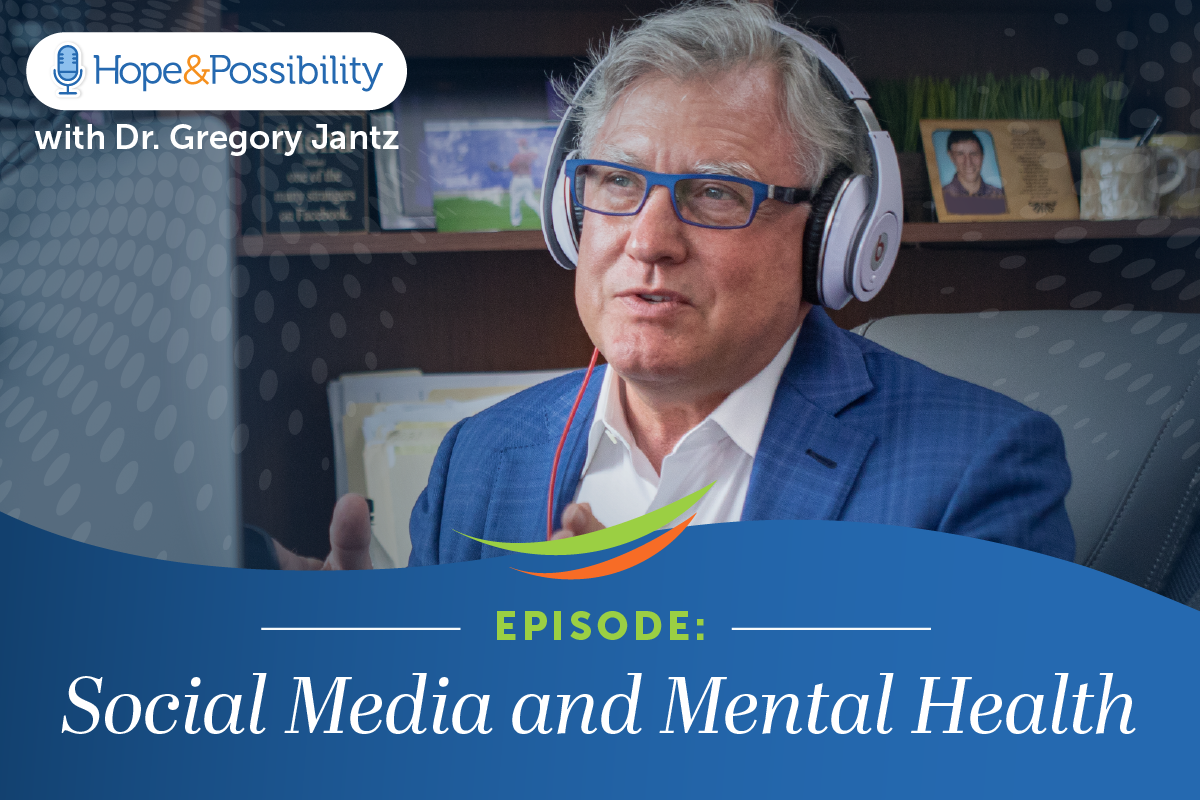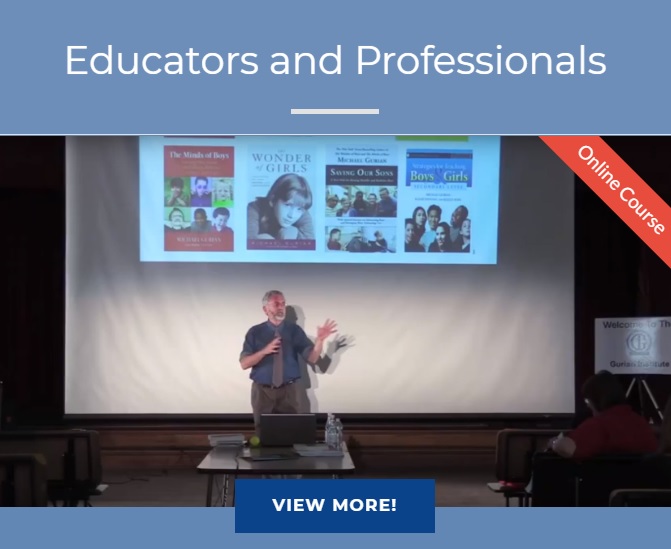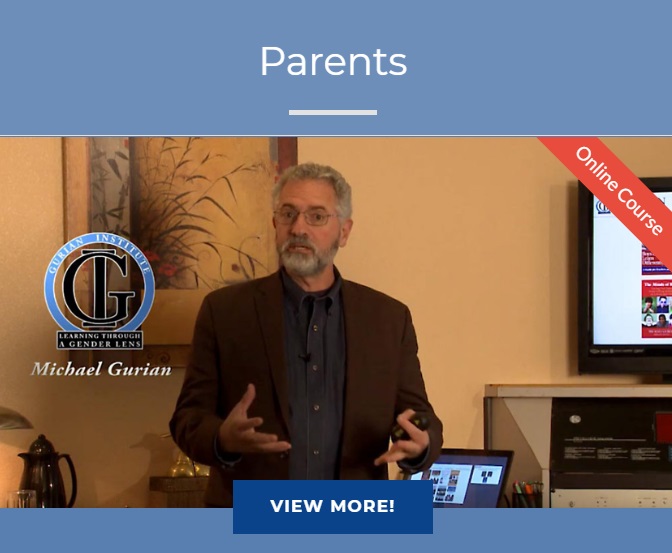Dear Friends,
In today’s digital age, social media has become an integral part of our lives. From connecting with loved ones to staying informed about current events, platforms like Facebook, Instagram, Twitter/X, and TikTok have revolutionized the way we communicate and share information. However, as with any powerful tool, social media has its drawbacks, especially when it comes to mental health.
The Dual-Edged Sword of Social Media
Social media offers numerous benefits: it allows us to stay connected with friends and family, share our experiences, and access a wealth of information with just a few clicks. For many, these platforms serve as a lifeline to community and support, particularly during challenging times. However, the impact of social media on mental health is a complex and multifaceted issue.
Research has shown that excessive use of social media can contribute to anxiety, depression, loneliness, and even sleep disturbances. The constant barrage of information, coupled with the pressure to present a curated version of our lives, can lead to feelings of inadequacy, envy, and low self-esteem. The rise of cyberbullying and online harassment further exacerbates these issues, creating an environment where many individuals—particularly young people—feel vulnerable and overwhelmed.
Understanding the Impact
One of the key ways social media affects mental health is through the concept of social comparison. On platforms where users primarily share highlights and successes, it’s easy to fall into the trap of comparing your everyday life with the seemingly perfect lives of others. This can lead to feelings of inadequacy and dissatisfaction, as we often forget that what we see online is a filtered, often exaggerated version of reality.
Another significant impact of social media is the way it alters our perceptions of ourselves and our relationships. The pursuit of likes, shares, and comments can create an unhealthy preoccupation with external validation. Over time, this can erode self-esteem and lead to a distorted sense of self-worth that is contingent on the approval of others.
Moreover, the endless scroll of news feeds can be overwhelming, contributing to information overload and decision fatigue. The constant stream of content, much of it sensational or emotionally charged, can increase stress and anxiety. This is particularly true in times of crisis or political unrest, when social media can amplify feelings of fear and helplessness.
The Role of Algorithms
Social media platforms use sophisticated algorithms to keep users engaged, often by promoting content that elicits strong emotional responses. While this can enhance the user experience by providing personalized content, it can also lead to a skewed view of reality. Echo chambers, where users are primarily exposed to viewpoints similar to their own, can reinforce negative thinking patterns and contribute to polarization and social anxiety.
Tips for Managing Social Media Use
Given the pervasive influence of social media, it’s essential to develop strategies to manage its impact on our mental health. Here are some practical tips to help you navigate the digital world more mindfully:
- Limit Your Screen Time: Set boundaries around your social media use by limiting the amount of time you spend on these platforms each day. Many smartphones have built-in features that allow you to track and control your screen time, making it easier to stick to your goals.
- Curate Your Feed: Take control of what you see on social media by following accounts that inspire and uplift you. Unfollow or mute accounts that trigger negative emotions or lead to unhealthy comparisons. Remember, you have the power to shape your online environment.
- Practice Digital Detox: Regularly take breaks from social media to recharge and reconnect with the offline world. Use this time to engage in activities that bring you joy, such as reading, exercising, or spending time with loved ones. Even a short digital detox can have a positive impact on your mental well-being.
- Be Mindful of Your Mental State: Pay attention to how social media makes you feel. If you notice that certain platforms or interactions are affecting your mood or self-esteem, take a step back and reassess your usage. It’s okay to disconnect when needed.
- Seek Balance: While social media can be a great tool for staying informed, it’s important to balance your online activities with real-life interactions. Prioritize face-to-face connections and meaningful conversations over virtual ones. Building strong, supportive relationships in the real world is crucial for maintaining mental health.
- Focus on Quality, Not Quantity: Instead of fixating on the number of likes or followers, focus on the quality of your interactions. Meaningful engagement with others, whether online or offline, is far more fulfilling than chasing metrics.
- Educate Yourself: Stay informed about the ways social media can impact your mental health. Understanding the psychological effects of these platforms can help you make more conscious decisions about your usage.
- Practice Self-Compassion: Be kind to yourself if you find that social media is affecting your mental health. It’s okay to take a step back and reassess your relationship with these platforms. Prioritize your well-being above all else.
Final Thoughts
Social media is a powerful tool that can enrich our lives in many ways, but it’s essential to approach it with mindfulness and intention. By setting boundaries, curating our online spaces, and prioritizing real-world connections, we can mitigate the negative impacts of social media on our mental health.
At The Center • A Place of HOPE, we are committed to supporting your mental well-being in all aspects of life, including navigating the challenges of the digital world. If you or someone you know is struggling with the effects of social media on mental health, please don’t hesitate to reach out. Together, we can build a healthier relationship with technology and foster a life that is balanced, fulfilling, and true to who you are.










